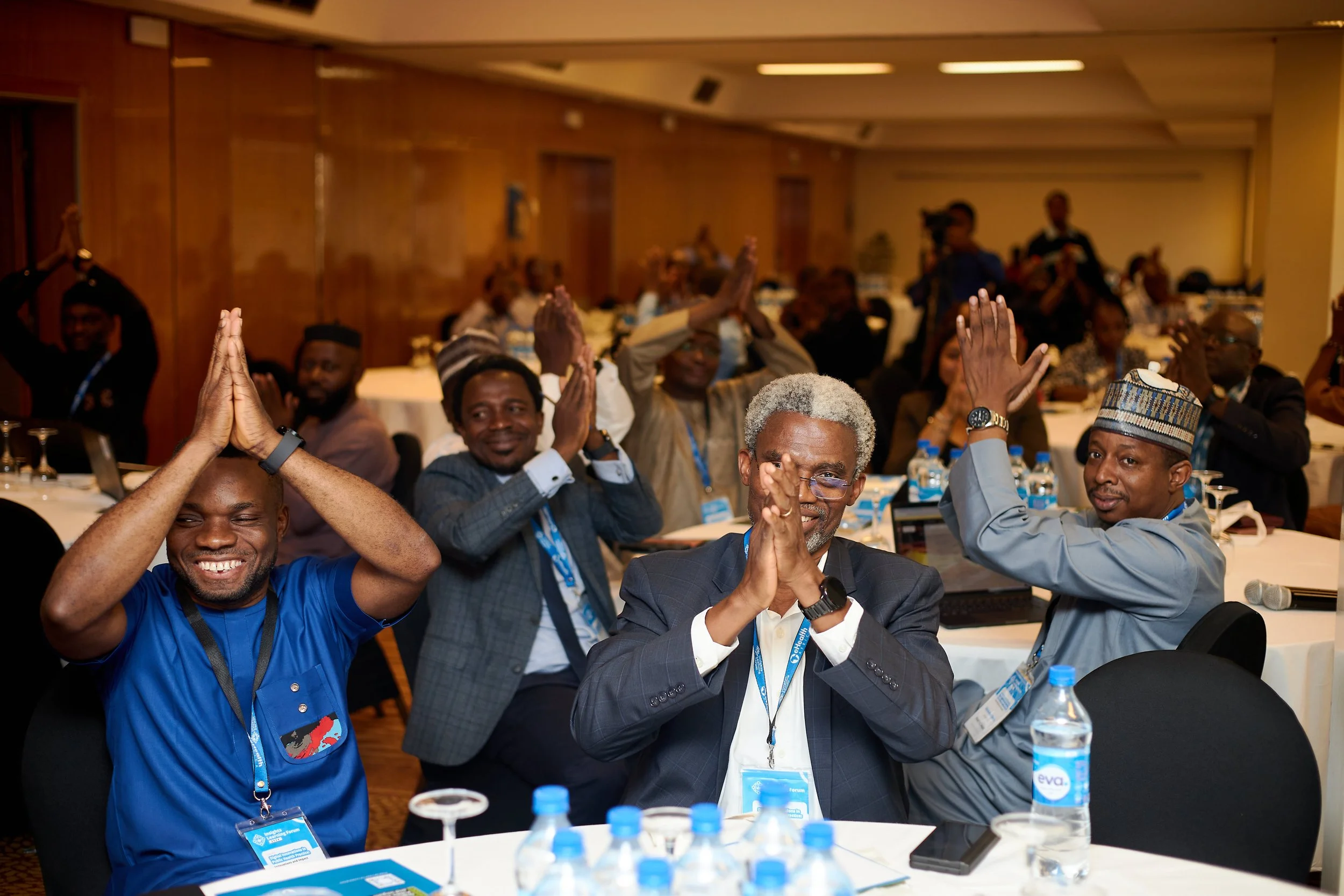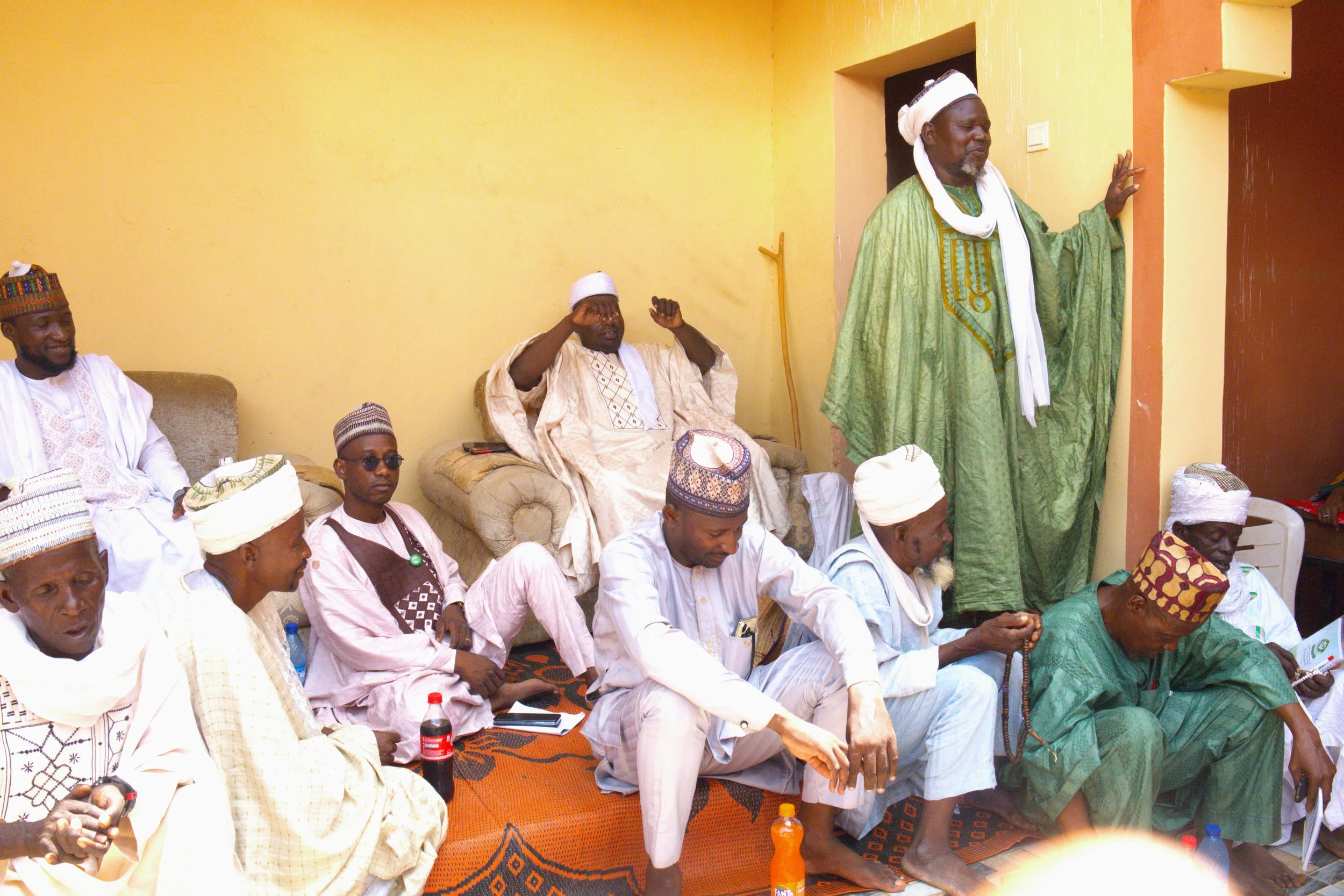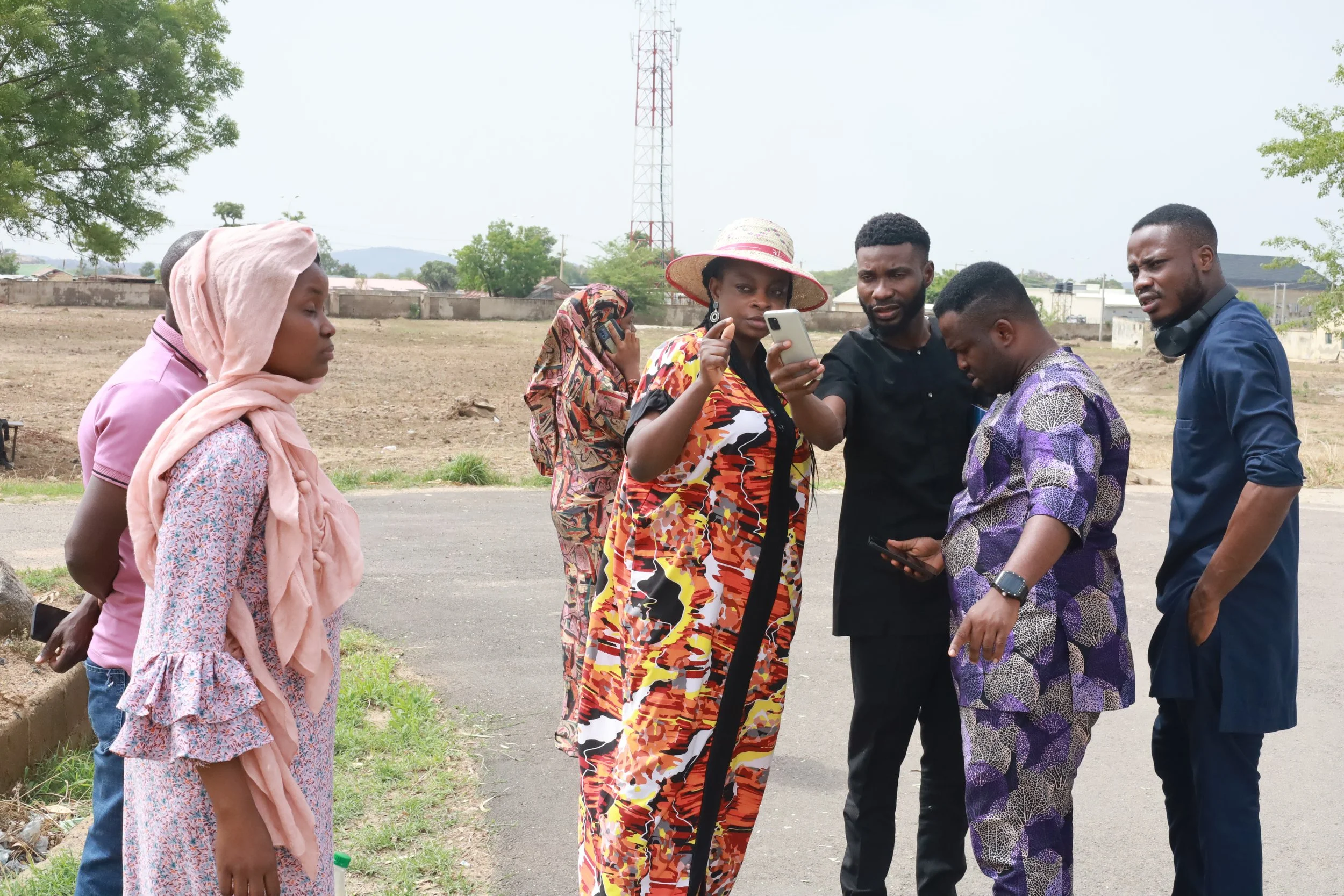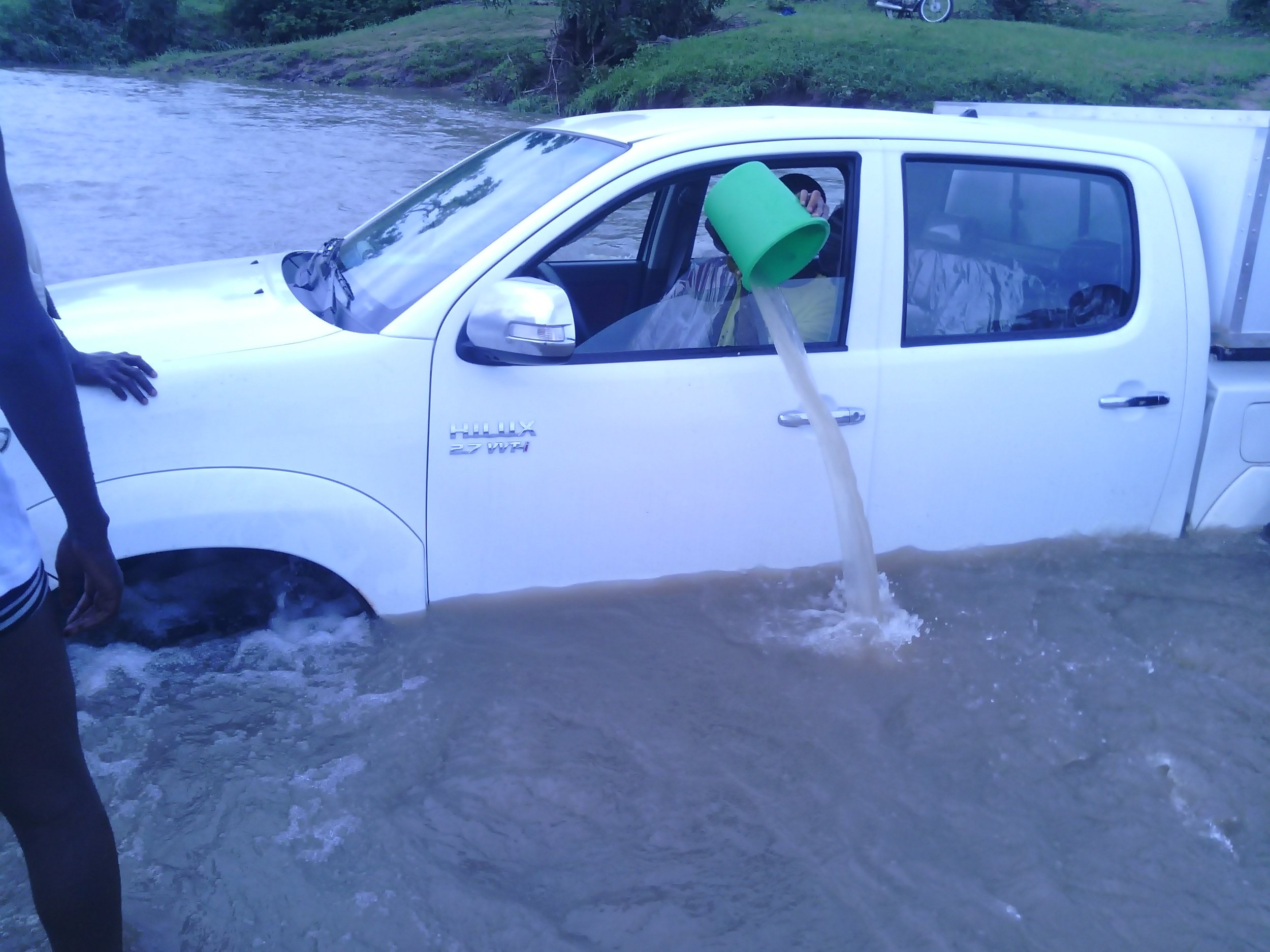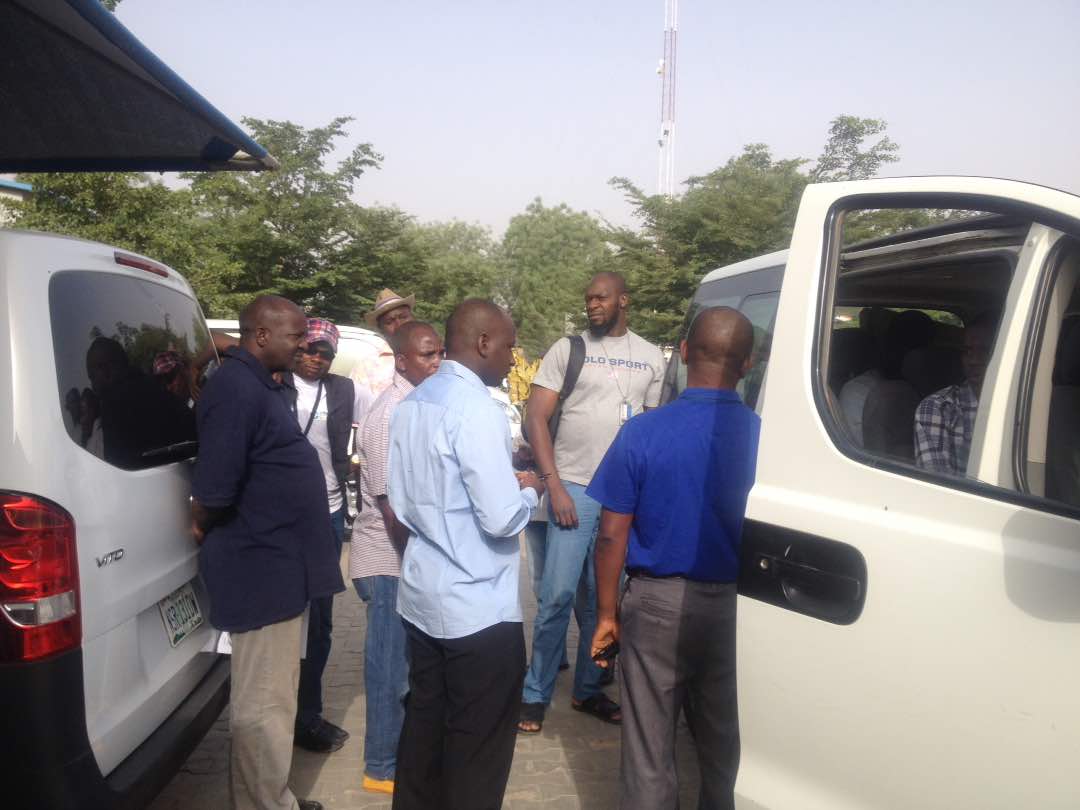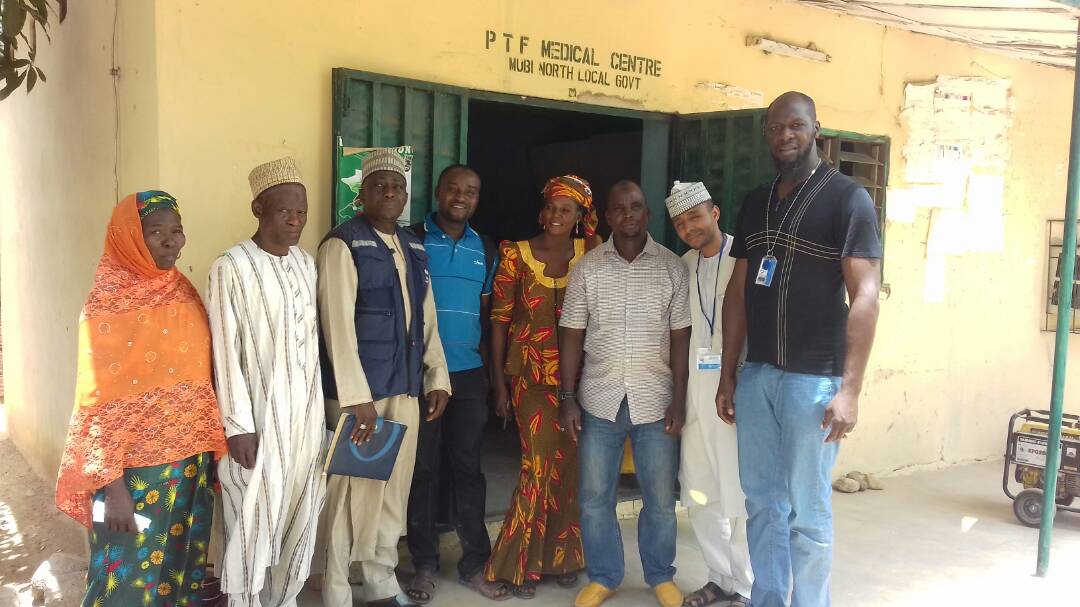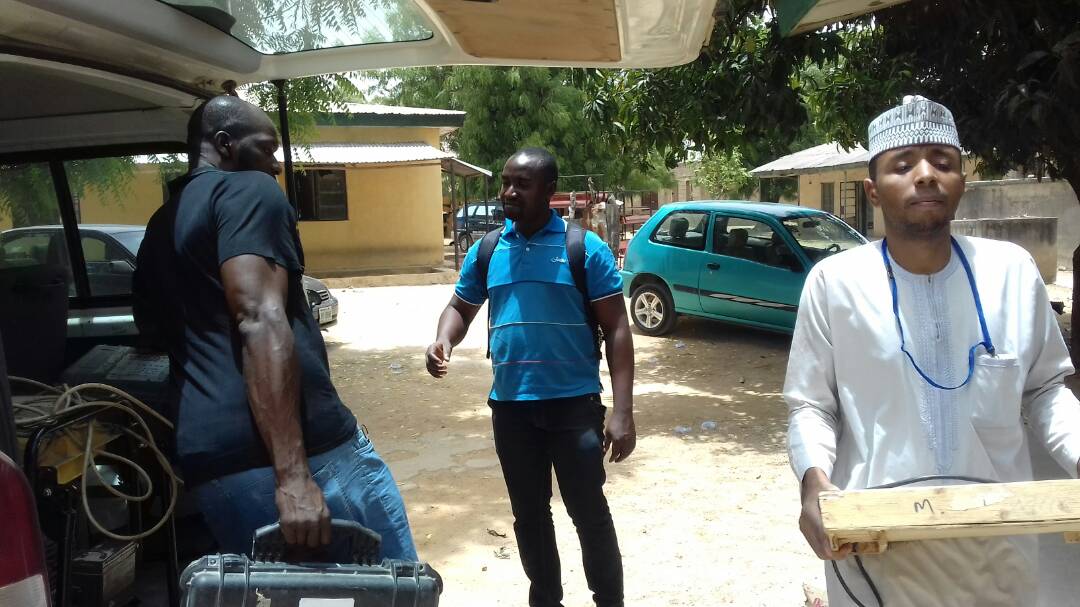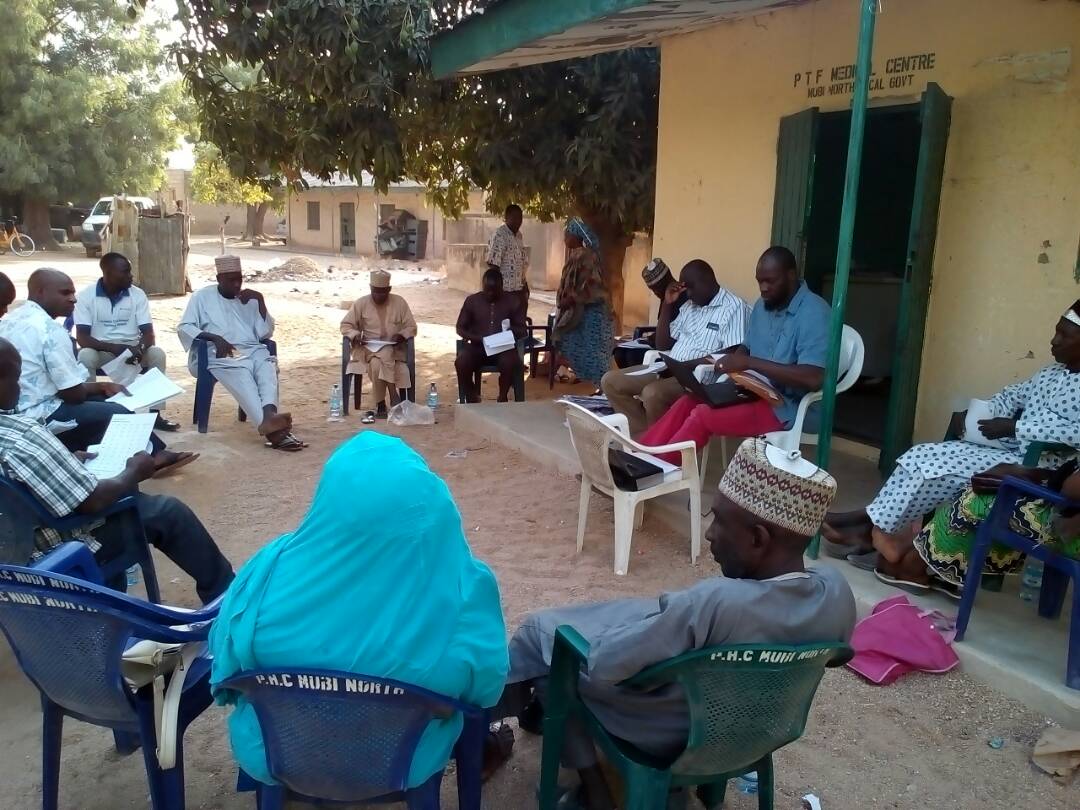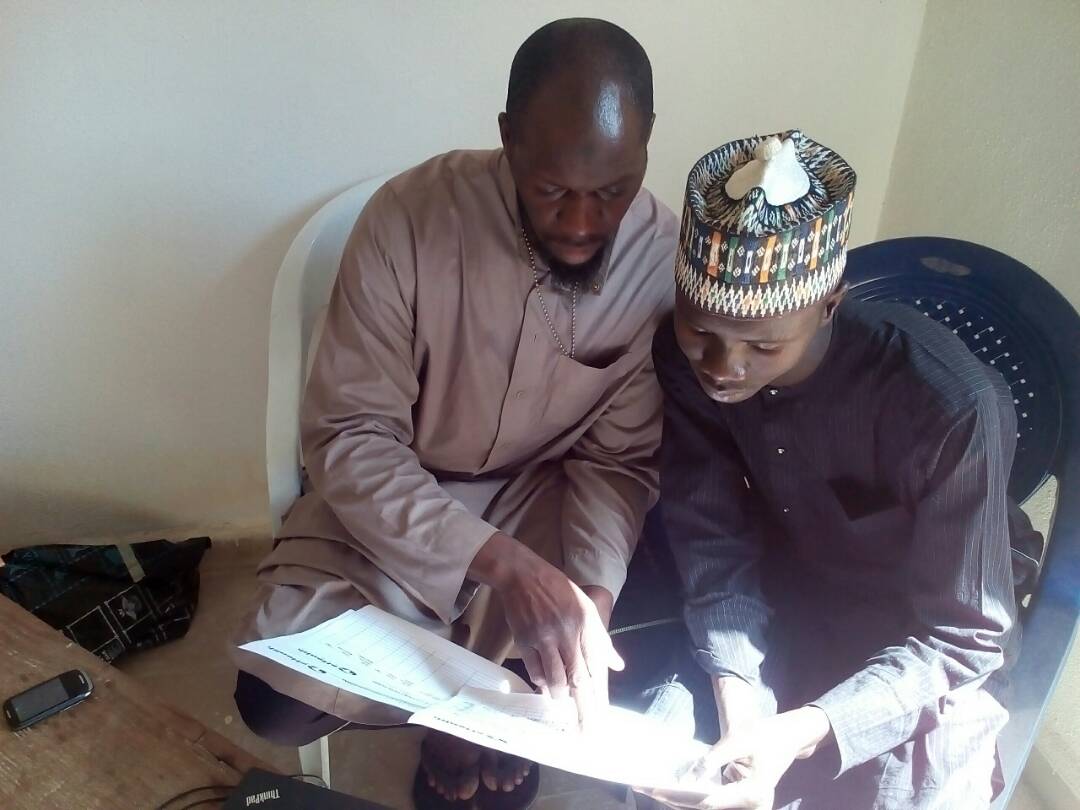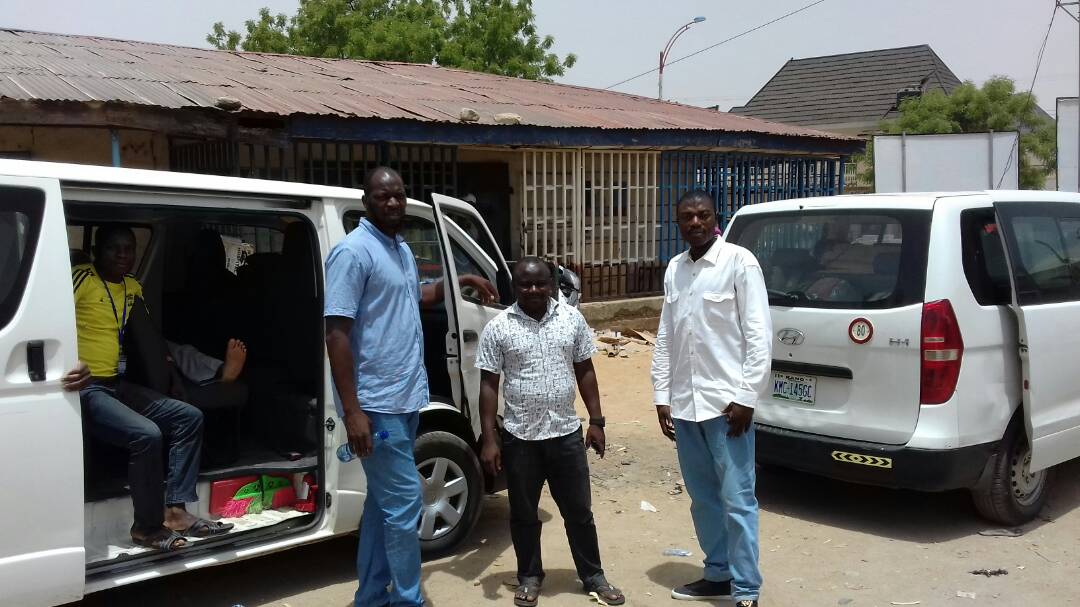By Hawa Kombian
One of the primary challenges facing routine immunization (RI) in northern Nigeria is a poor vaccine supply chain system which causes consistently high stock out levels. High stock out levels occur when vaccines are not delivered on time and are exacerbated by limited cold chain equipment (CCE) to keep the vaccinations viable. High stock out levels cause low RI coverage because there are fewer vaccines available when needed.
eHealth Africa (eHA) was engaged as a third-party logistics (3PL) supplier to provide a solution for this problem and the Vaccine Direct Delivery (VDD) program was the clear answer to streamline vaccine and dry goods delivery supply chain to CCE equipped health facilities. VDD works by:
Leveraging eHA’s geographic and information systems (GIS) capabilities to optimize delivery routes (including rugged terrain as pictured), reduce cost and maximize efficiency.
Collecting, analyzing and reporting data to provide custom delivery workflow support through a near real-time electronic data collection application - Logistics Management Information Systems (LoMIS) for stock level summaries via an integrated reporting dashboard.
VDD is a proven and effective model which enhances the efficiency and quality of Nigeria’s vaccine supply chain network. In collaboration with partners, VDD is implemented by eHA across some of Nigeria’s northern states specifically, Kano, Bauchi, and Sokoto. The program has had a proven and large-scale effect across northern Nigeria. The project has succeeded in improving both access and availability of healthcare for underserved populations, by enhancing the local vaccine supply chain network. It ensures that key and priority antigens are available, as evidenced by the low stock out rates, and are a major contributor to improved RI, especially for children's health.

